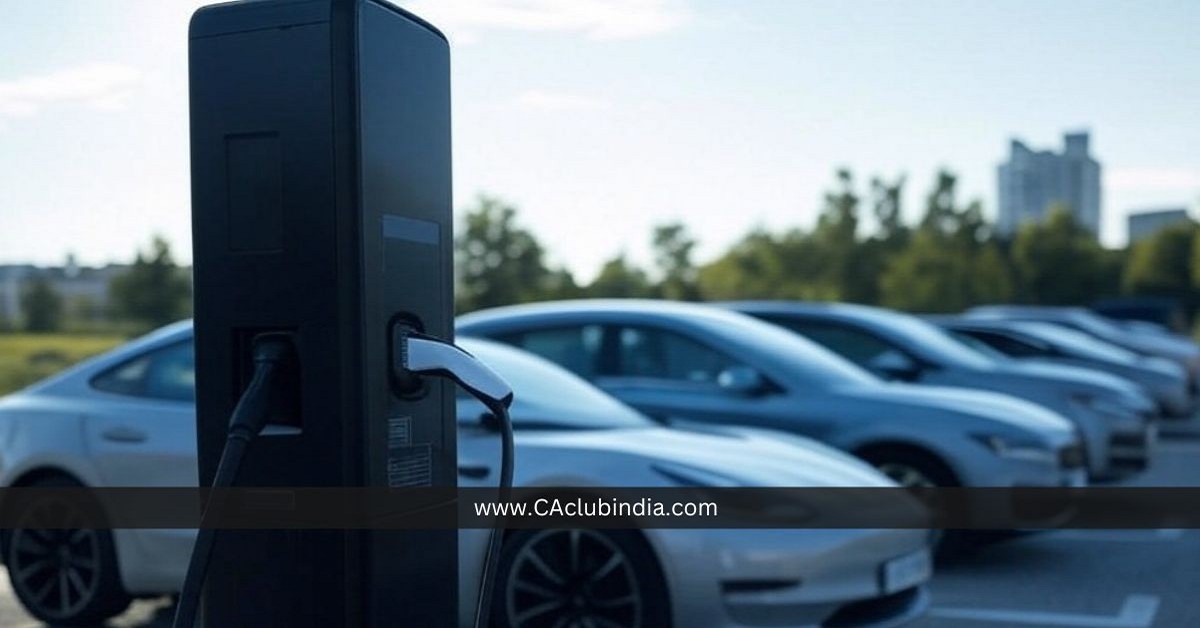As Union Budget 2025 approaches, the electric vehicle (EV) industry has high hopes for policy changes to accelerate India's EV adoption and manufacturing capabilities. Scheduled to be presented by Finance Minister Nirmala Sitharaman on February 1, the budget is expected to address long-standing concerns, including GST simplification and the inverted GST structure.

Uniform GST for EV Components
Industry leaders are advocating for a uniform 5% GST rate across all EV-related items, including components and charging infrastructure. Currently, the GST structure is fragmented - EVs, batteries, and charging infrastructure attract 5% GST, while spare parts and accessories are taxed at 28%, and maintenance services at 18%.
The Founder, CTO and COO of Oben Electric emphasized the importance of this reform:
"Simplifying the GST structure with a uniform 5% tax across EVs, components, and charging infrastructure is essential to reducing costs and fostering growth," he stated.
Addressing the Inverted GST Structure
The inverted GST structure where raw materials are taxed at higher rates than finished EVs - has created significant working capital challenges for manufacturers. Resolving this issue could provide much-needed liquidity for businesses and encourage sustainable manufacturing practices.
"Easing the inverted GST structure on raw materials will reduce working capital pressures and promote long-term growth," the Oben Electric executive added.
Boosting Domestic Manufacturing with PLI Schemes
To bolster domestic EV battery production, stakeholders are urging the government to introduce performance-linked incentive (PLI) schemes. Such measures could advance India's "Make-in-India" vision and position the country as a global leader in EV technology.
"PLI schemes for battery innovation and indigenous component manufacturing will strengthen India's EV ecosystem and reduce dependence on imports," he noted.
Incentives for EV Consumers
On the consumer front, the industry seeks initiatives to make EVs more affordable and accessible. Proposals include reduced interest rates on EV loans and targeted subsidies to bridge the affordability gap.
"Lowering interest rates on EV loans and providing subsidies can drive adoption, making electric vehicles a viable option for more consumers," he suggested.
Past Measures and Climate Goals
Although Budget 2024 made no specific announcements for the EV sector, the Centre introduced the ₹10,900 crore PM E-Drive subsidy scheme in September 2024, marking the third phase of the FAME policy. Since 2015, the FAME policy has subsidized the purchase of over 1.6 million EVs.
India aims to achieve a 30% market share for EVs by 2030 to meet its climate goals. Experts believe Budget 2025 is an opportunity to address critical challenges in manufacturing and adoption, laying the groundwork for sustainable growth in the EV sector.
This pivotal budget could unlock the EV industry's potential and propel India toward its clean energy goals.







 CAclubindia
CAclubindia
